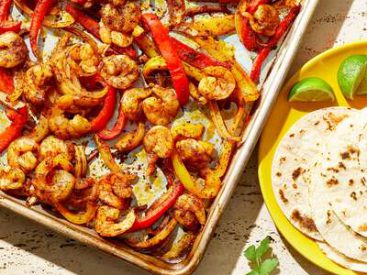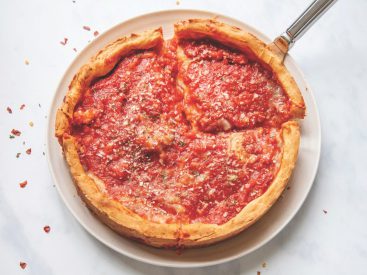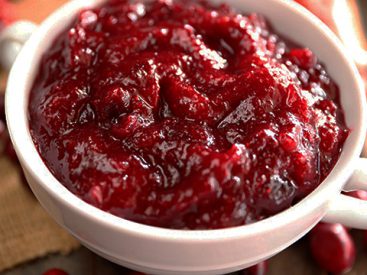From barbecued broccoli to orange flan, Miguel Maestre’s dishes are made for sharing – inspired by his Spanish heritage and Australia’s multicultural food landscape Veggie-packed gozleme Gozleme are delicious stuffed Turkish flatbreads and a popular street food around the world. If I ever see a gozleme stall I’ll order […]
Delicious!
Delicious!



